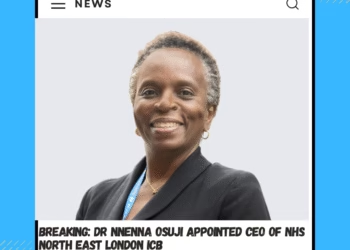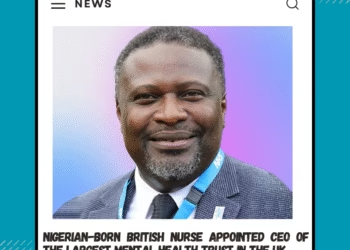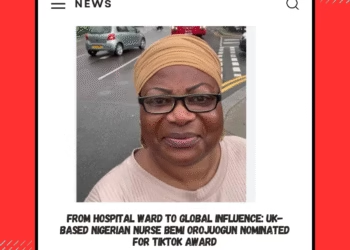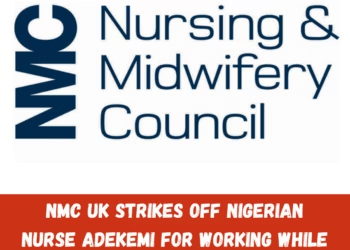Fellow Nurses Africa | Lagos Nigeria | July 1, 2025
UK Immigration Rules Overhaul: What African Nurses and Care Workers Need to Know
The United Kingdom has introduced major changes to its immigration system, effective from July 2025, through the Statement of Changes to the Immigration Rules (HC 997).
For African nurses, care workers, and healthcare professionals, especially from Nigeria, Ghana, Kenya, and Zimbabwe, these reforms significantly impact opportunities to work and live in the UK. Outlined in the May 2025 Immigration White Paper, Restoring Control over the Immigration System, the changes aim to reduce net migration, curb visa abuse, and prioritize high-skilled professionals.
Here’s a clear guide for African healthcare workers.
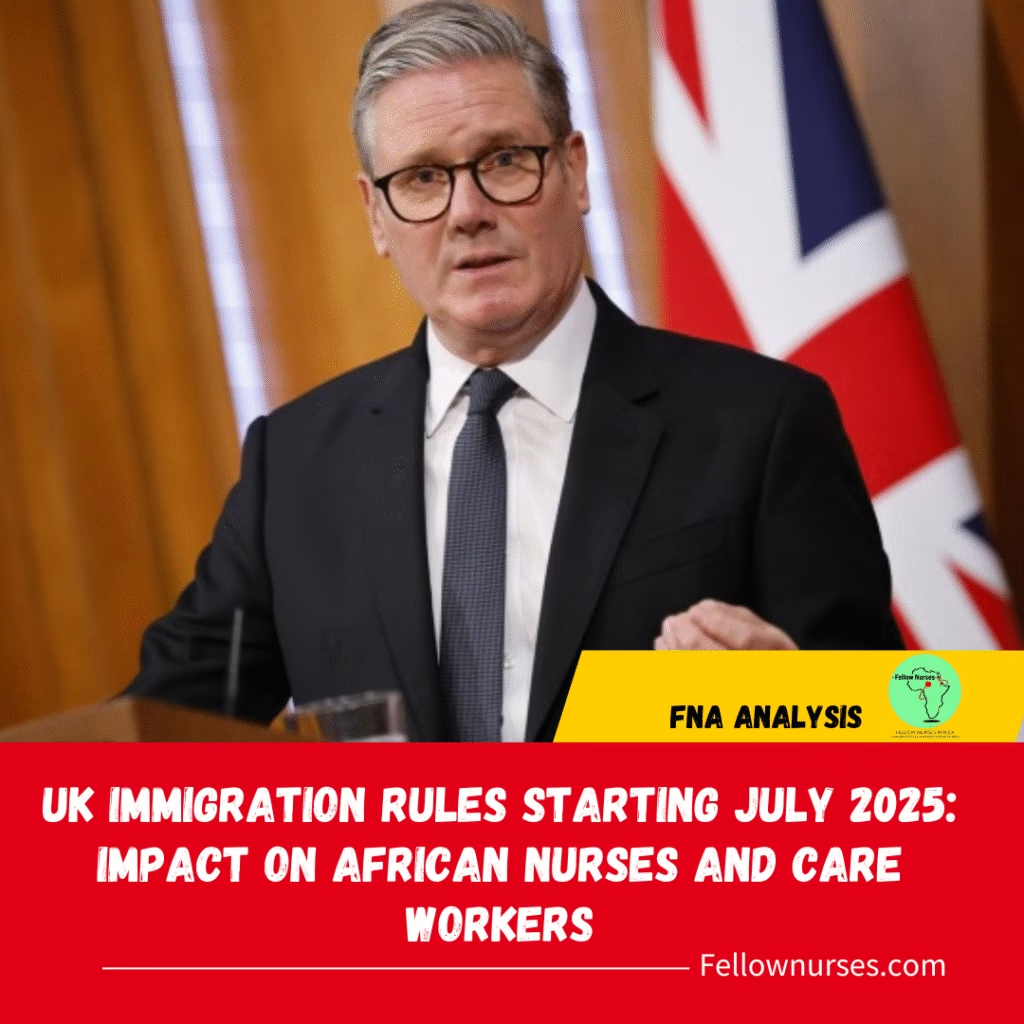
Skilled Worker Visa: Tougher Requirements
The Skilled Worker visa, widely used by African nurses, now requires jobs at Regulated Qualifications Framework (RQF) Level 6 or above—equivalent to a bachelor’s degree, such as registered nurses or midwives. Lower-skilled roles at RQF Level 3, like care assistants, are no longer eligible, with around 180 occupations removed from the list, limiting options for African professionals without advanced qualifications.
Higher Salary Thresholds: The minimum salary for sponsorship has increased, based on 2024 UK earnings data, following a rise to £38,700 in April 2024. Further hikes apply from July 22, 2025, with no grace period, making it harder for new applicants.
For Current Visa Holders: African nurses in the UK on Skilled Worker visas can extend their stay, switch employers, or take supplementary jobs below RQF Level 6, as long as they were sponsored before the changes. These protections are temporary, so stay vigilant.
Care Worker Visa Ban: A Setback for African Caregivers
Starting July 1, 2025, the care worker and senior care worker visa routes (codes 6135 and 6136) are closed to new overseas applications. This hits African workers from Nigeria and Zimbabwe hard, as many have filled vital roles in the UK’s health and social care sector. The Home Office cites visa misuse and exploitation, with care worker visas contributing to the 866,000 net migration figure in 2023.
Transitional Option: African care workers already in the UK can switch into these roles from other visas until July 22, 2028, if they’ve worked for their sponsor for three months. After 2028, these roles may be removed from the Immigration Salary List (ISL) and Temporary Shortage List (TSL).
Impact on Care Sector: UK care homes, reliant on African staff, face staffing shortages. Providers must now recruit domestically, potentially raising wages to attract UK-based workers, including African diaspora communities.
Family Restrictions: Limits on Dependants
Workers in roles below RQF Level 6, including most care jobs, can no longer bring dependants (spouses or children), except for UK-born children or cases of sole custody. This change, effective now, may deter African families planning to migrate together.
Shortage Lists: A Temporary Option
Some roles below RQF Level 6 remain eligible through the Immigration Salary List (ISL) or Temporary Shortage List (TSL), such as certain skilled trades. However, these lists are under review and may end by December 2026. Specialized nursing roles, like mental health or pediatric nursing, may qualify, but opportunities are limited.
Afghan Resettlement Schemes End
The Afghan Relocations and Assistance Policy (ARAP) and Afghan Citizens Resettlement Scheme (ACRS) closed to new applications on July 1, 2025, at 3:00 PM BST. This affects African healthcare workers with Afghan ties or those seeking resettlement. Over 21,000 Afghans were resettled, but recent ineligible applications led to the closure. Existing applicants can still bring immediate family.
Other Changes
- Neonatal Care Leave: Now a valid reason for visa-compliant absences, supporting African nurses with newborns.
- Technical Updates: Clarified wording and fixed errors for smoother visa processing.
Why This Matters
The UK aims to lower net migration, which quadrupled from 2019 to 2023, and address exploitation in care work. For African nurses and care workers:
- Fewer Pathways: The care visa ban and higher skill thresholds restrict UK job opportunities.
- Care Sector Strain: Shortages may hit care homes and the NHS, reliant on African workers.
- Economic Shift: Reduced visa applications cut Home Office revenue, but the focus is on domestic training.
Action Steps for African Nurses and Care Workers
- Current Skilled Worker Visa Holders: Extend your visa or switch jobs under transitional rules. Monitor updates, as these may end.
- Care Workers in the UK: Switch to care roles before July 22, 2028, if eligible. Explore Health and Care Visa roles at RQF Level 6, like registered nursing.
- New Applicants: Target high-skilled roles (e.g., registered nurse) on the ISL or TSL. Meet new salary thresholds and prepare for stricter English tests (B2 for workers, A1 for dependants).
- Employers: African-owned care agencies should focus on domestic recruitment and budget for higher visa costs, including a 32% rise in the Immigration Skills Charge.
What’s Next?
The UK’s immigration system is prioritizing high-skilled workers, with more changes ahead. The Migration Advisory Committee will review salary thresholds in June 2025, and settlement rules may extend the qualifying period for indefinite leave. African nurses should upskill, explore alternative visa routes, or consider opportunities in Africa’s healthcare sector.
Questions or need help? Comment below or contact Fellow Nurses Africa for support on UK immigration rules.
Join Our Exclusive Healthcare Network
Join our vibrant WhatsApp community to connect and for latest developments on immigration policies around the world .
Be part of the conversation: Join Now
Fellow Nurses Africa is the independent voice of African nursing, we educate, inform and support the nursing profession.


